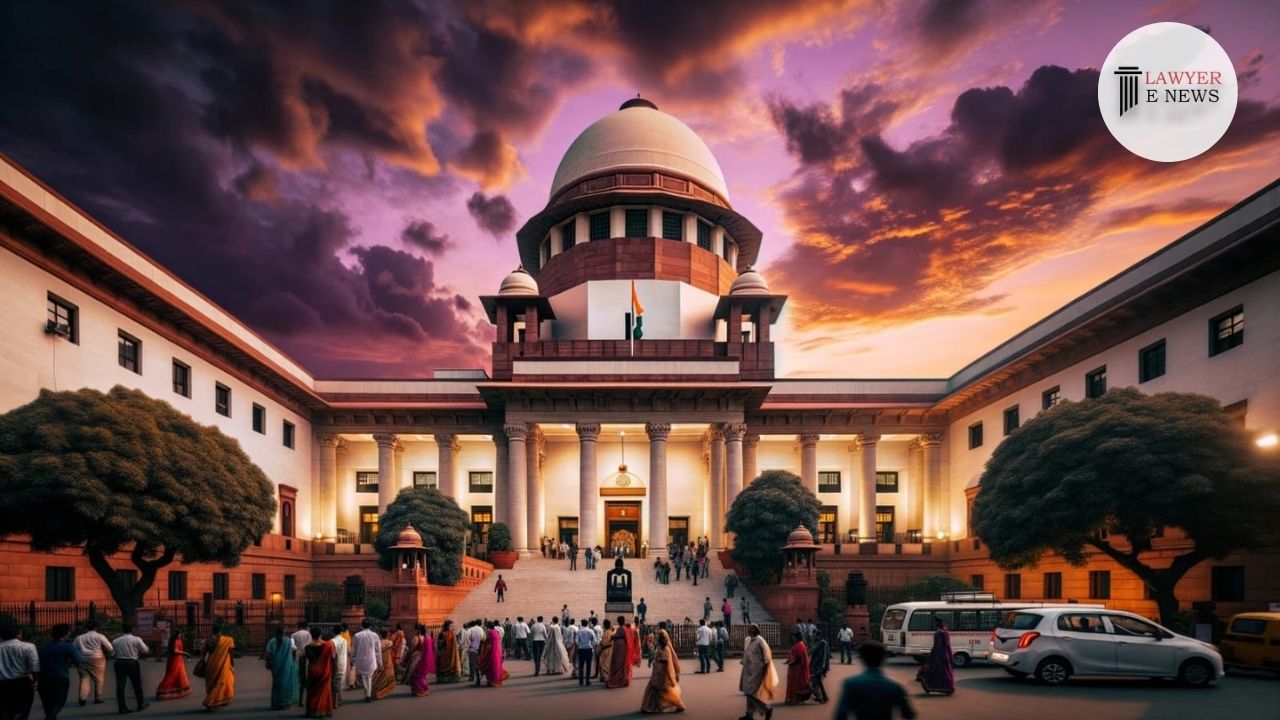-
by sayum
16 February 2026 6:35 AM



In a recent ruling, the Supreme Court of India has upheld its decision on review petitions, highlighting the limited scope of the review process. The judgment, delivered by Bench BELA M. TRIVEDI, J. On October 31, 2023, reaffirmed the principles governing the review of judgments in the country.
The Court observed that the power to review judgments is conferred by Article 137 of the Constitution of India, but it is subject to specific laws and rules, including the Supreme Court Rules, 2013, and Order XLVII of the Code of Civil Procedure. The review process is intended to correct manifest errors and not to reargue the case.
Supreme Court Stated that the , “The scope of review is narrow, and it is allowed only on specific grounds, such as the existence of an error apparent on the face of the record.” The Court emphasized that a co-ordinate Bench cannot comment on the judgment of another co-ordinate Bench of equal strength, and subsequent decisions of co-ordinate or larger Benches cannot, by themselves, be grounds for review.
The judgment in question pertained to review petitions filed by parties aggrieved by a common judgment and order dated September 6, 2022, in Civil Appeal No. 1661 of 2020 and Civil Appeal No. 2568 of 2020. The Review Petitioners failed to establish an error apparent on the face of the record in the impugned judgment, which had meticulously considered the relevant provisions of the Insolvency and Bankruptcy Code (IBC) and the Waterfall mechanism under Section 53.
In conclusion, the Supreme Court’s ruling reaffirms the limited scope of the review process and emphasizes that a review can only be sought on specific grounds related to errors in the judgment. This decision serves as an important precedent for future review petitions in the country.
Date of Decision: 31 October 2023
SANJAY KUMAR AGARWAL VS STATE TAX OFFICER (1) & ANR.
